HOW DO ASSESSMENTS WORK
Assessments work by introducing scientific measurements to a client's critical thinking and processing abilities, motivation, skill proficiencies, learning styles, behavioural characteristics, emotional intelligence and personal values. The assessments evaluate and reveal a client's holistic makeup to help build self-awareness and intentionality in life, both personally and professionally.
Each assessment offers a unique assessment instrument and report.
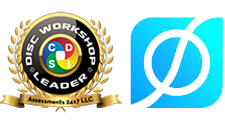
WHAT TYPE OF ASSESSMENTS DO YOU USE?
We use both Assessments 24x7 and Psychometrics Canada, 2 highly regarded assessment organizations.
Assessments 24x7, a global leader in assessment technology, is approved by the Assessment Standards Institute (ASI) which provides these assessments with verifiably objective testing and reporting that meets standards set by the American Psychological Association (APA) and the Equal Opportunity Commission (EEOC).
Psychometrics Canada's assessments provide valuable personality, cognitive and leadership insights that help with professional development.
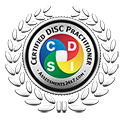
DISC is the world's #1 behavioural profiling tool. It provides a highly-detailed analysis of a person's Natural and Adapted behavioural styles and emotions. DISC reveals how a person will behave within a given environment, situation, or relationship. It offers questions and worksheets to maximize self-awareness, intentionality and interpersonal communication.
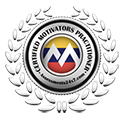
Motivators measures seven Dimensions of Motivation that drive our behaviour and decisions: Aesthetic, Economic, Individualistic, Power, Altruistic, Regulatory, and Theoretical. Just as DISC reveals how a person will likely behave, Motivators explores WHY we are driven to do what we do and what we value at our core.
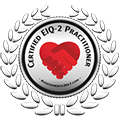
Emotional Intelligence (EIQ-2) is designed to highlight and examine a person's self-perception of their current EIQ and the effect it has on interactions with others. By understanding our own emotions and how to manage them effectively, we can improve our decision-making, leadership skills, and effectiveness as individuals, and accurately read the emotions in others while engaging in mutually beneficial interactions in a healthy way.
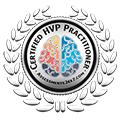
Critical Thinking (Hartman Value Profile) is based upon the research of Robert S. Hartman's formal axiology. It is a unique assessment measuring a person's problem solving skills and their ability to avoid the blind spots linked to situational bias. It measures a person's critical processing patterns, thinking strengths, abilities and overall judgment skills.
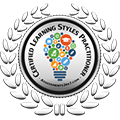
Learning Styles identifies a person's preferred method for taking in, retaining, and recalling new information while engaging with the whole brain. Because there is no one way to learn most effectively, everyone values different ways of interacting with their learning experience. Understanding how the whole brain influences learning style offers the key to maximizing a person's learning transfer and give an organization insight into training efficiencies designed to meet learner's needs.

Myers-Briggs Type Indicator (MBTI) helps a person understand their strengths, their preferred working styles, and ultimately helps them see their potential. Used individually to provide self-awareness and clarity of purpose, the MBTI assessment also helps create a better understanding and appreciation between team members and colleagues – enabling them to work better together.
